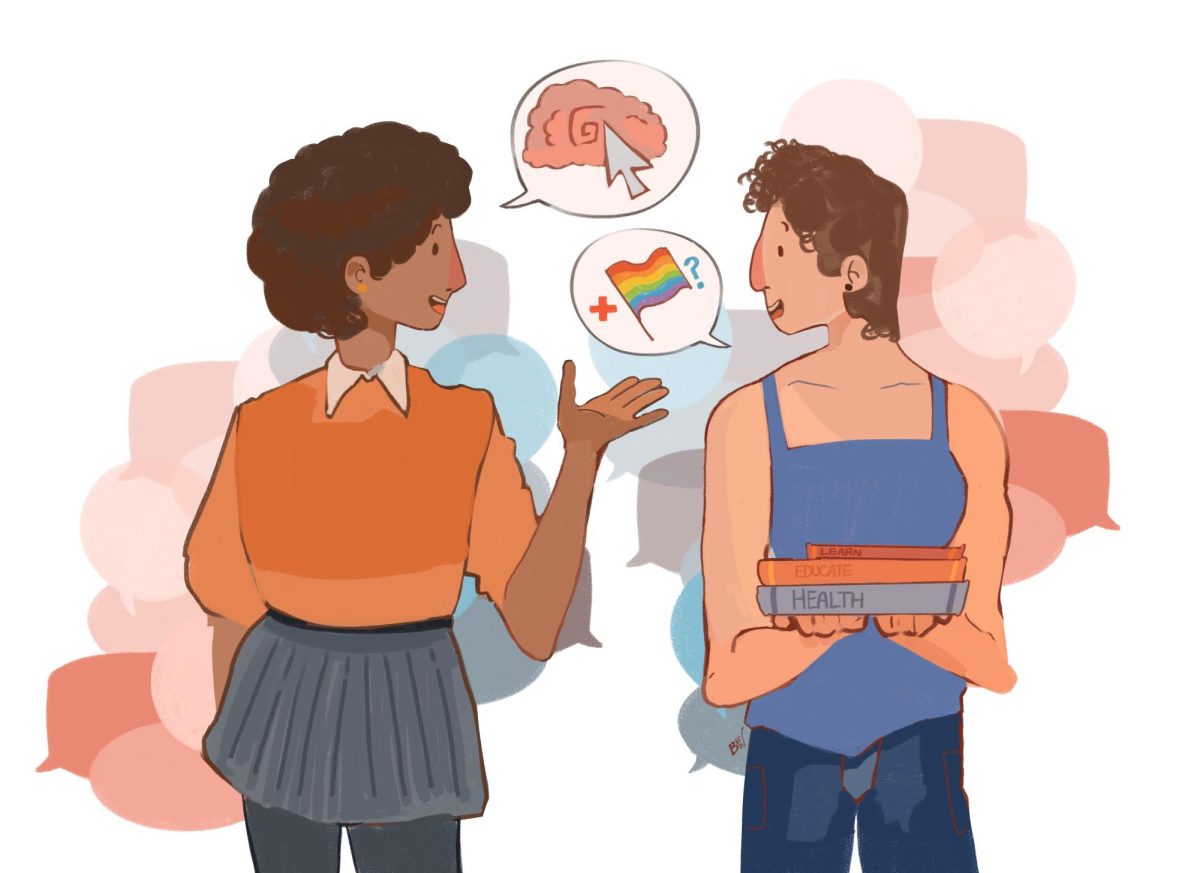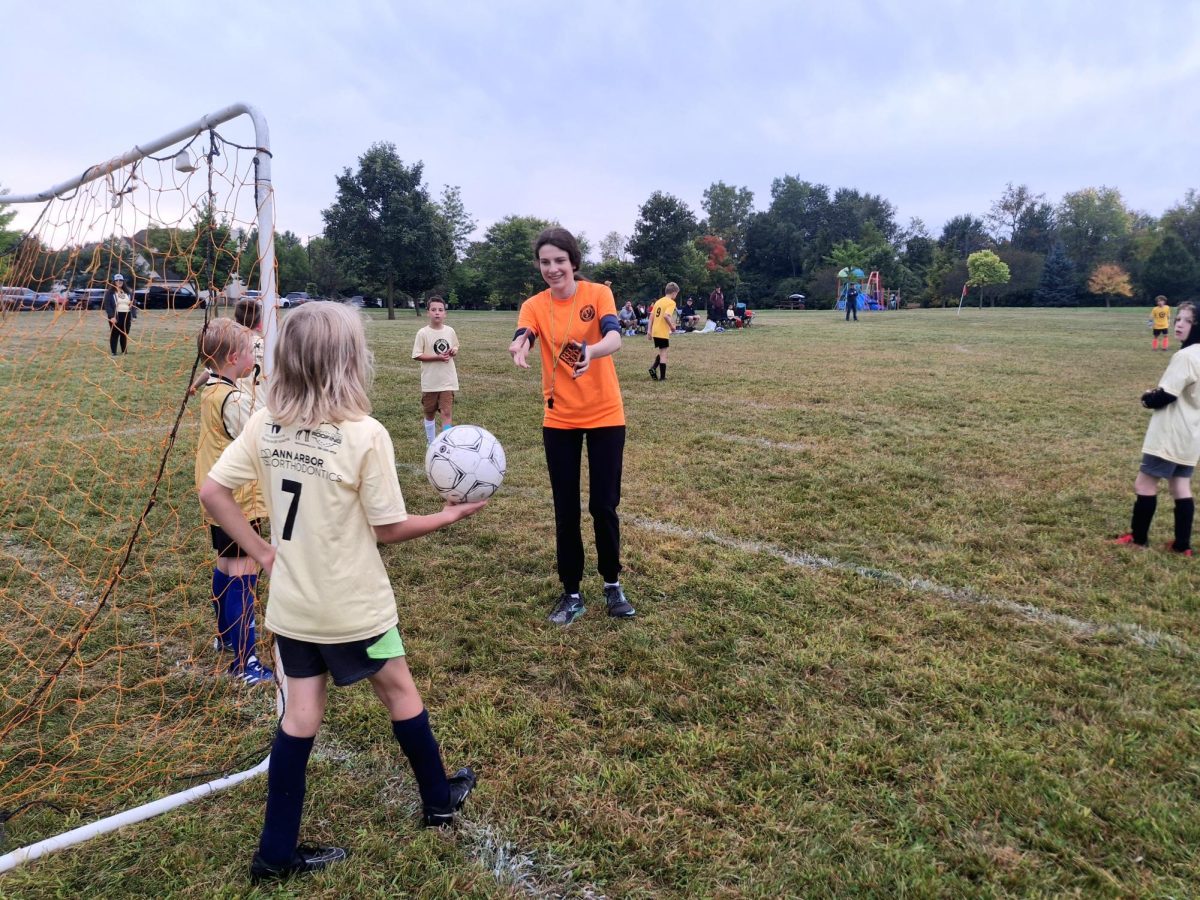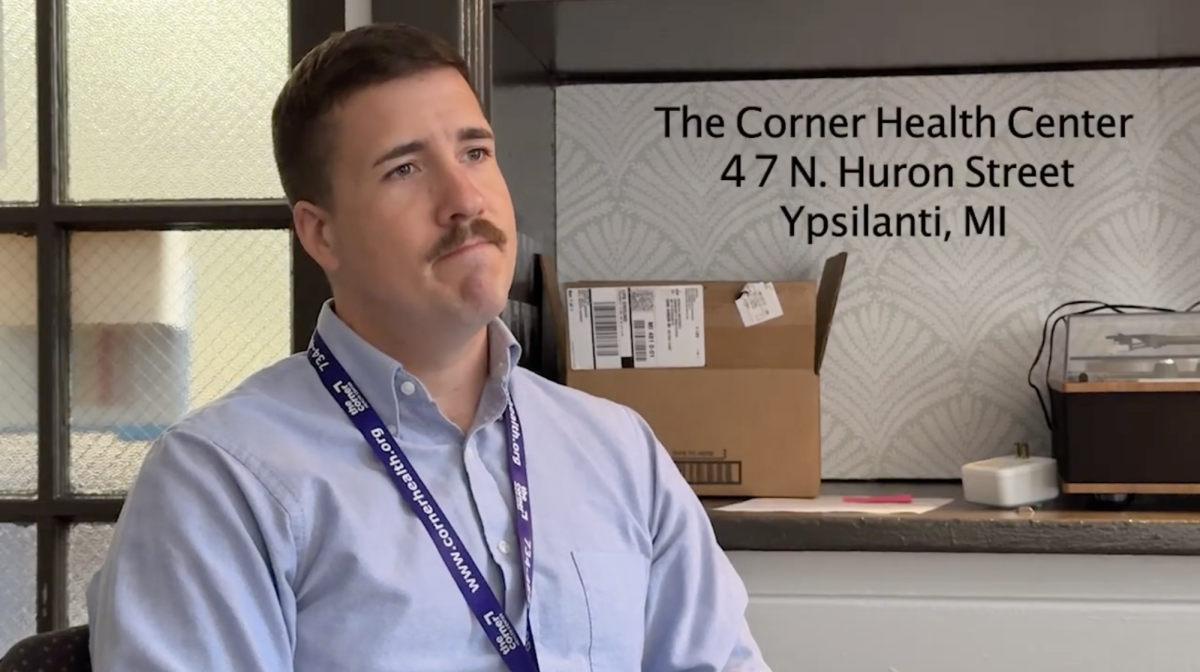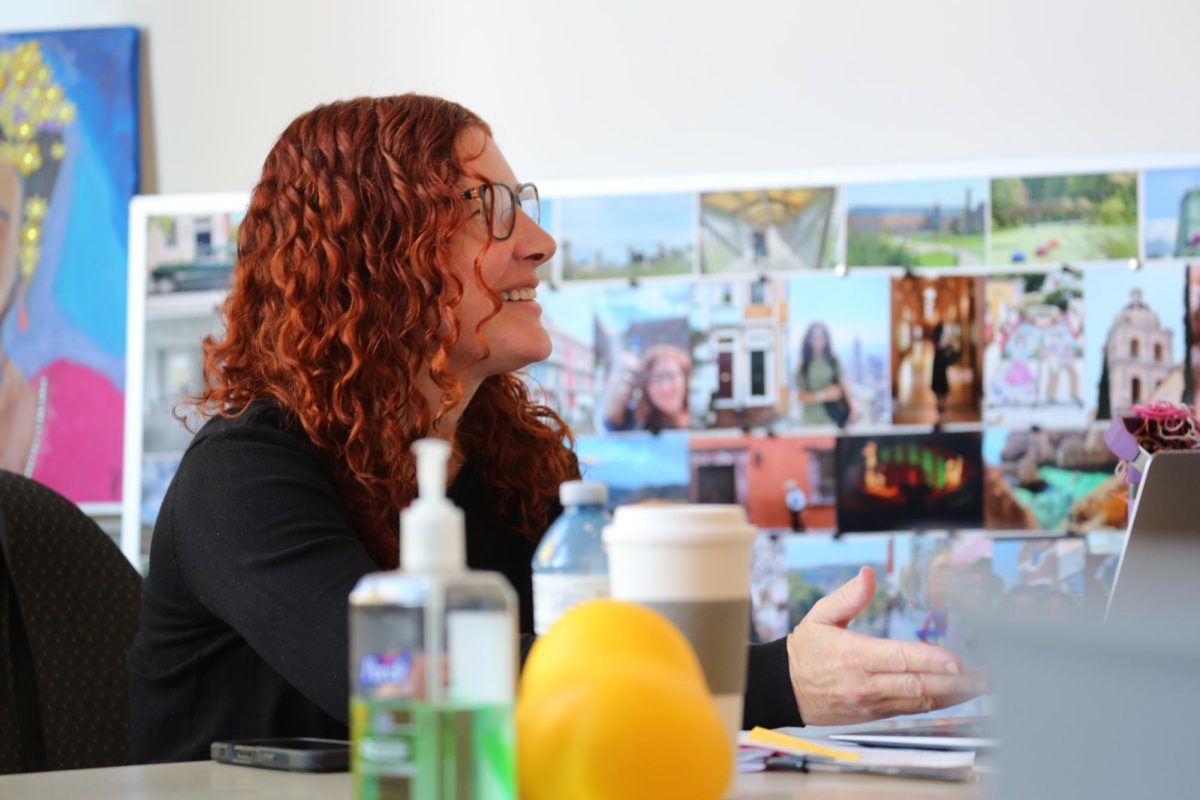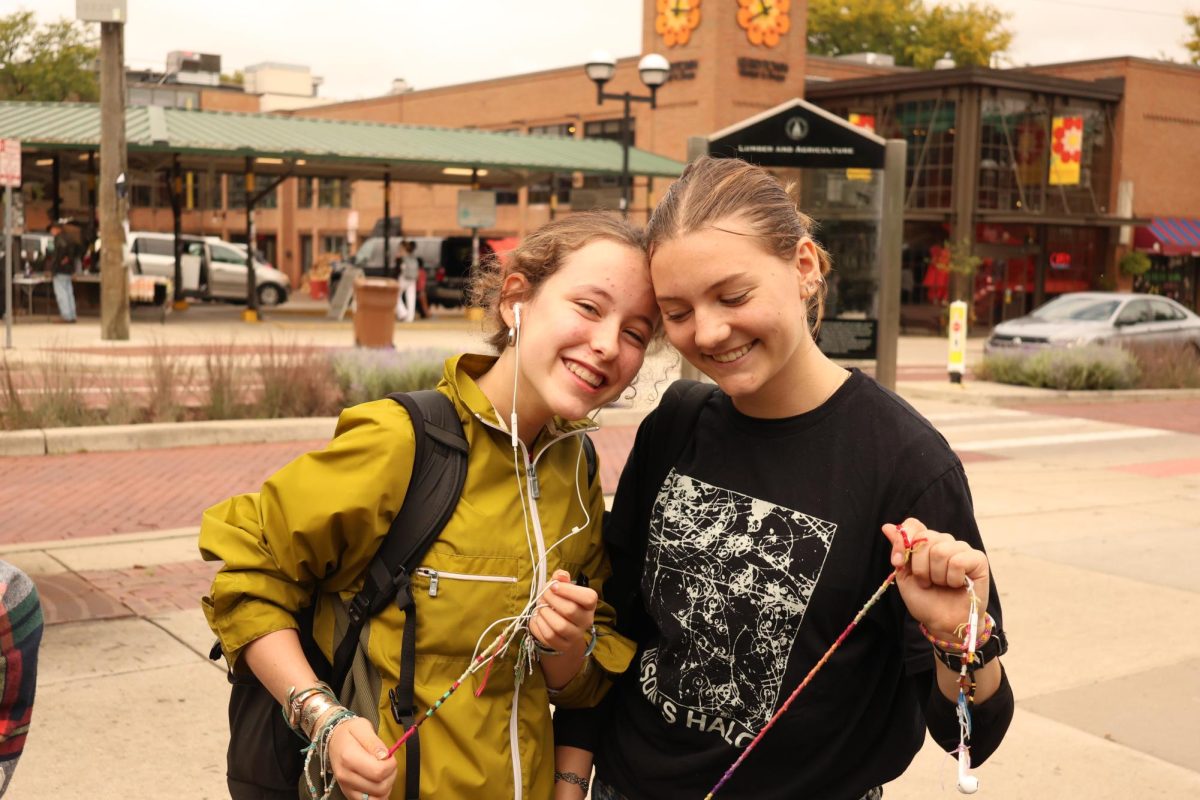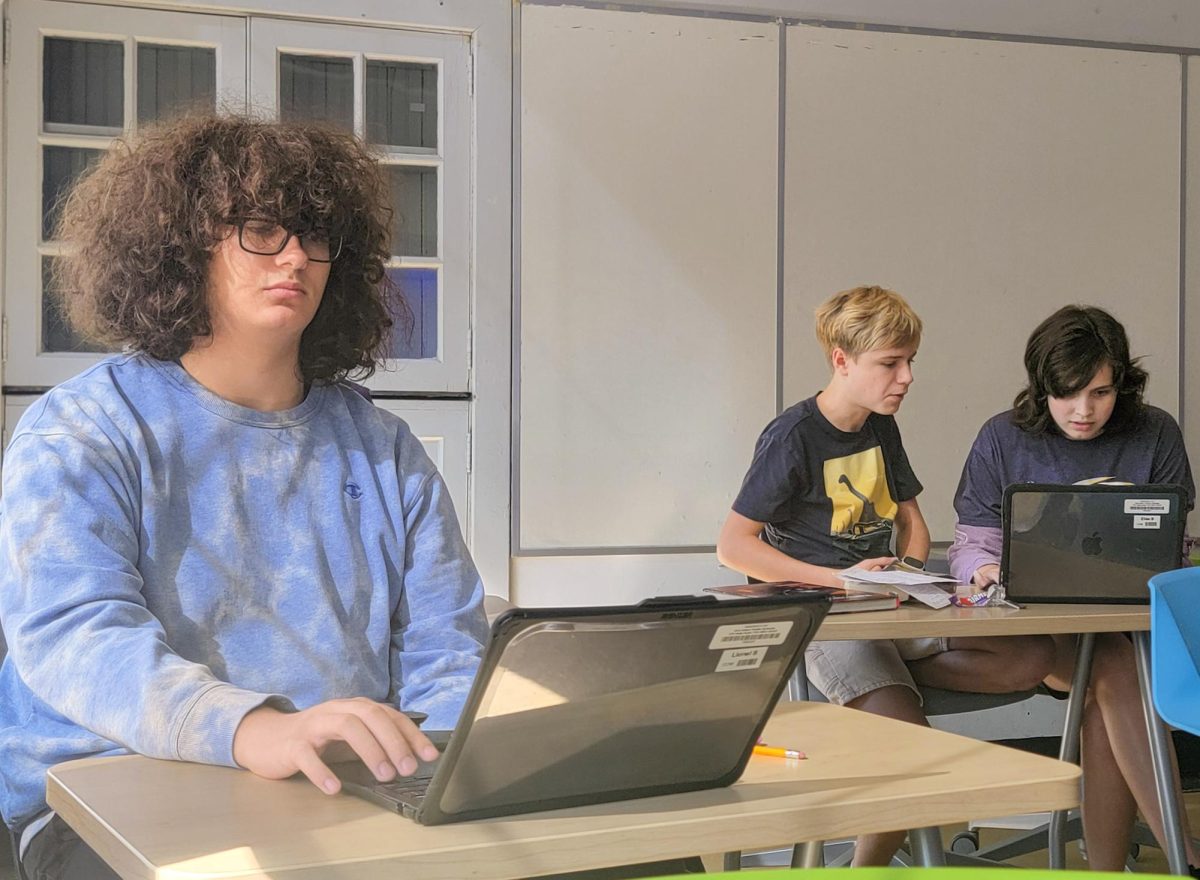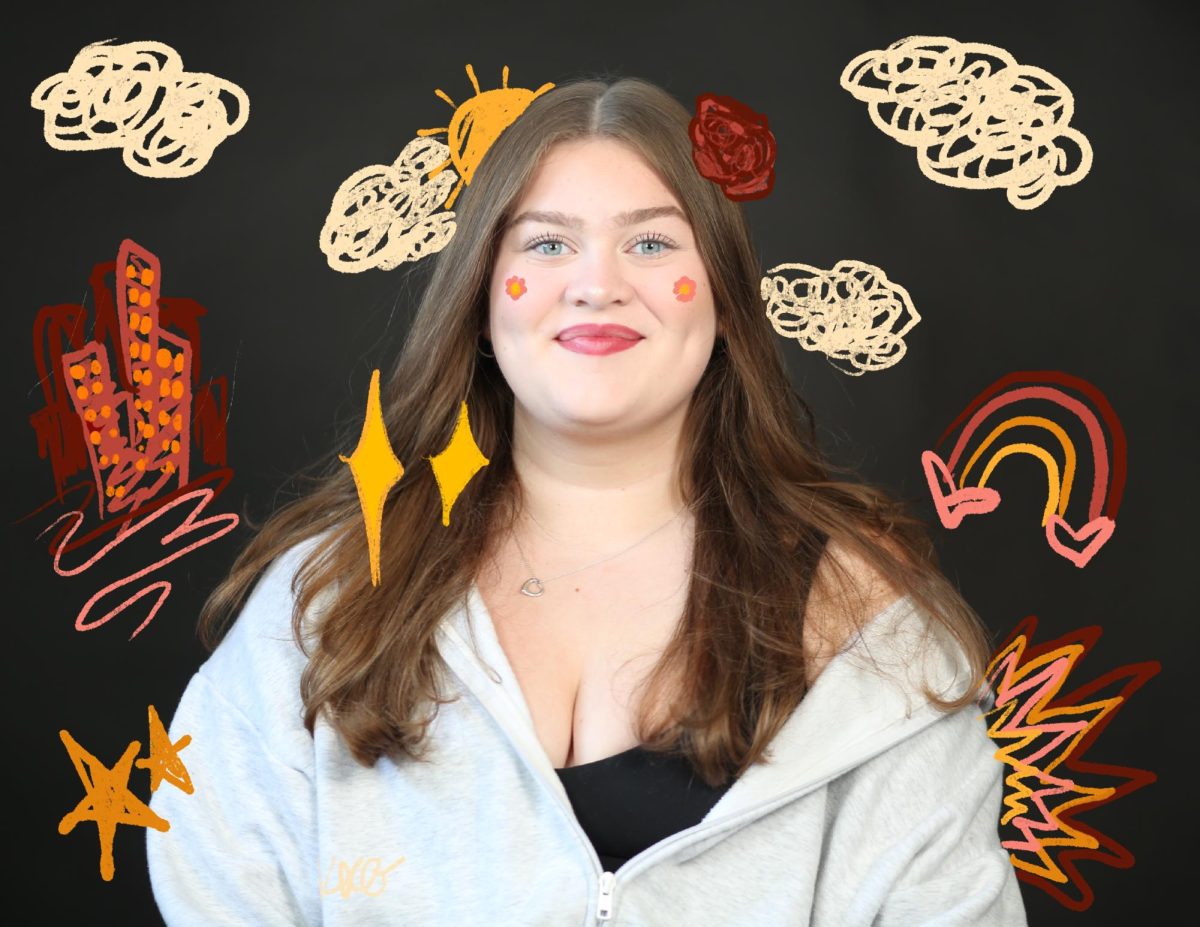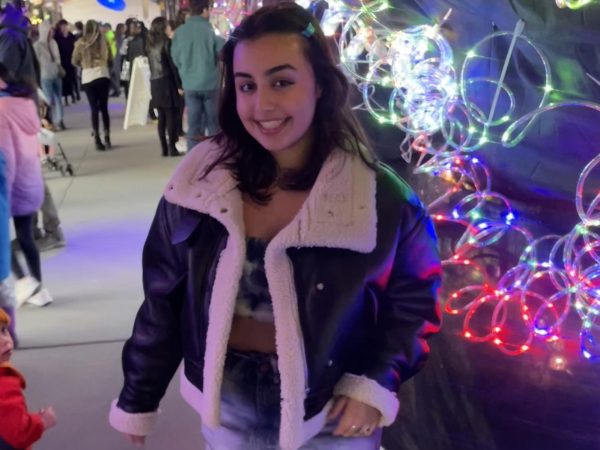Finn Anderson, CHS sophomore, remembers only bits of anatomy from his seventh grade health class. And for teenagers like Anderson, that is not enough information to navigate through teen years.
“I ended up having a lot of questions and wondering a lot of stuff about sex when I entered my teen years,” Anderson said. “I was really afraid to ask or talk about it because I didn’t really grow up in an environment where it was super normalized or open to talk about.”
In the pursuit of inclusive and accurate information, Anderson has discovered many resources including online blogs, forums or even social media like TikTok. For Anderson, the key is finding community.
Anderson has also turned to articles from organizations like Planned Parenthood for specific, inclusive information on sex and reproductive health in general.
“Their goal is to educate people for a safer experience rather than to teach abstinence or to scare people. They have a more useful goal, in my opinion,” Anderson said. “I think that teaching abstinence or using scare tactics is the worst form of sex education. I could argue that it’s worse than not teaching. I don’t think you can prevent teenagers from having sex by telling them, ‘don’t do it.’”
Instead, Anderson believes that a lack of comprehensive education will lead to many more problems.
“Teens will still have sex,” Anderson said. “But they will go into it without being educated about contraception, the risks of STIs and unwanted pregnancies, even basic things like consent and being aware of what you’re getting into. It creates a very unsafe experience, and teens will be afraid to tell a trusted adult because they’ve only been taught about how bad it is. I think that’s really dangerous.”
For Anderson, allowing for open conversations about sex related questions is essential. He often turns to friends for advice because they can relate to him better than adults. However, he recognizes the importance of having a trusted adult to turn to when needed. Anderson named Becky Brent, CHS health teacher, as a helpful and open resource.
“I think sex is a very natural part of growing up,” Anderson said. “Having conversations about it, where it’s a safe space, where you can ask questions or talk about things is really essential to growing up if you are interested if you think you want to engage in sexual activity at any point in your life.”
In her own health classroom, Brent works hard to create a comprehensive curriculum with open discussions to help teens navigate relationships with themselves and others.
“It’s probably why I take my job so seriously,” Brent said. “Everybody looks at health class like it’s just a place to come and hang out. But we really do talk about really important stuff. And it all starts with who we are as humans, so our identity and affirming ourselves within our identity and then how we share that with other people. Our content, I really strongly feel, helps individuals develop their skills within the context of the content.”
This content includes refusal skills and managing internal pressure to participate in activities you may not be ready for. Brent also emphasizes communication in terms of likes and dislikes.
In addition to teaching her own lessons, Brent invites guest speakers including Peer Educators from Planned Parenthood to teach sex education. Members of the Teen Voice program at Safehouse also come in to talk about affirming boundaries and ensuring safety in relationships.
“What I see in my work with teens more often is the struggle of communication, and how nerve-wracking it can be to say what you really want to say when you really want to say it,” Brent said. “And so many of us are not engaging in the conversation because we’re afraid of it going in a way that we don’t want it to go, or we’re afraid of saying the wrong thing or we’re afraid of hurting the other person’s feelings. I would see that as the biggest struggle in general.”
Brent also realizes that many teens are not interested in having sex or participating in romantic relationships.
“I think we just assume that all teenagers want to be in romantic relationships and all teenagers want to be doing the sex thing and that’s so not accurate,” Brent said. “Teenagers are way more thoughtful and contemplative and really curious about connecting in so many different ways outside of just romance or sex.”
For teens navigating all types of relationships, whether it is romantic or platonic, Kelly Maveal, one of the CHS counselors, is another in school resource.
“I find my role to be a safe place for students to use me as a sounding board,” Maveal said. “I’m not your friend. I’m also not your family member or your parent or your teacher. I am intending to be somebody that is non-judgmental, non- biased, and somebody that you can bounce ideas off of, address fears and anxieties with and really start to like think through and process what you want out of your life.”
Maveal finds that her conversations often center around friendships — whether that’s breaking out of old friendships or finding new ones. Furthermore, in a small school, like CHS, students have a limited pool of people to navigate. Maveal finds that by high school, students have a clearer sense of their identity. However, they still depend on adult resources for help with all types of relationships — yes, even romantic ones.
“I thought by high school, that students wouldn’t seek out an adult to talk about dating, and I’ve been surprised by that,” Maveal said. “I know many more relationship stories than I thought I would, which I am pleasantly surprised by. I am more tuned in with the relationships of Community High than I intended to be, which is a good thing. I’m pleased that students trust me to talk through the dynamics of the relationships that they’re facing, especially in dating.”
Other counseling resources at CHS include Brian Williams as well as school psychologist Shana Cacioppo.
Whether it is the Internet, a trusted peer or adult, teenagers depend on these judgment free, comprehensive resources when navigating relationships.



